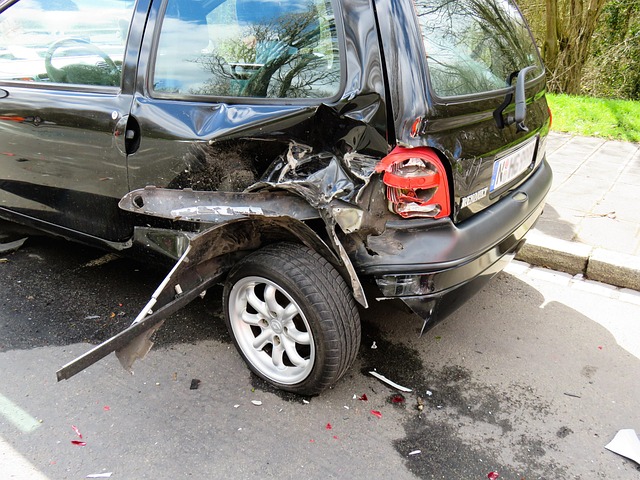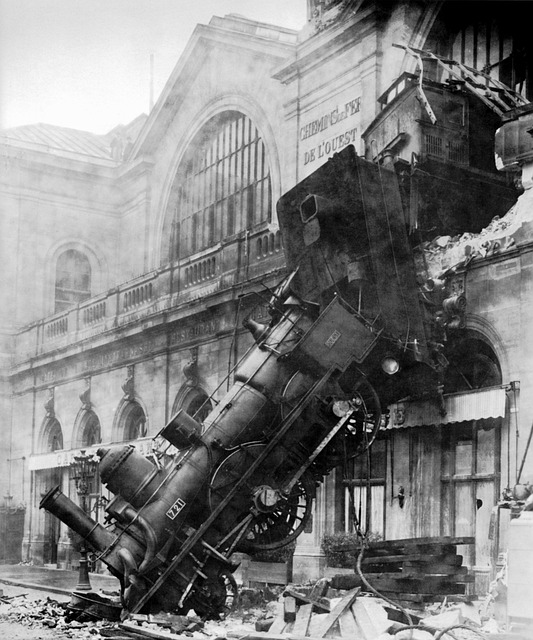Understanding Peoria Boat Accident laws is crucial for victims and families in Illinois, where pure comparative negligence rules provide compensation regardless of fault. Key regulations include speed limits, safety equipment, and operating under influence. Gathering evidence promptly – including documentation and witness info – strengthens cases. Victims should retain experienced legal counsel specializing in Peoria Boat Accidents to navigate rights, damages, and settlements effectively while focusing on recovery.
“In the event of a Peoria boat accident, understanding your legal rights and options is crucial. This comprehensive guide navigates the complex landscape of Peoria boat accident laws, offering insights into gathering critical evidence post-incident.
Learn about compensation and the legal rights available to victims, ensuring you’re informed as you consider your next steps. Trusted experts are on hand to assist in these challenging times, guiding you through the process with empathy and efficiency.”
- Understanding Peoria Boat Accident Laws
- Gathering Evidence: Key Steps After an Incident
- Compensation and Legal Rights for Victims
Understanding Peoria Boat Accident Laws

When it comes to understanding Peoria boat accident laws, knowledge is power for victims and their families. Every state has its own set of regulations governing boating accidents, and Illinois is no exception. Familiarizing yourself with these laws can be crucial in navigating your legal options after a Peoria boat accident.
The first step is to know that Illinois follows the “pure comparative negligence” rule, which means that victims are typically entitled to compensation for their damages, regardless of fault, as long as they themselves were not completely at fault. This differs from other states’ contribution rules, where blame can impact compensation. Additionally, boaters should be aware of specific regulations around speed limits, safety equipment requirements, and operating under the influence, all of which play a significant role in accident investigations and liability determinations for Peoria boat accidents.
Gathering Evidence: Key Steps After an Incident

After a Peoria boat accident, gathering evidence is a crucial step in any legal case. The first action is to ensure safety and attend to any immediate medical needs. Once stable, document every detail of the incident – from the circumstances leading up to the crash to the resulting damage. Take photos of the scene, boats involved, and any injuries sustained. Collect contact information from witnesses and any other relevant parties. This initial evidence collection can significantly strengthen a case.
Additionally, it’s essential to preserve all documentation related to the accident. This includes insurance policies, maintenance records, and any prior issues reported with the vessels. Experts recommend quickly gathering these materials to ensure they are accurate and unaltered, as they will serve as critical pieces of evidence in potential legal proceedings.
Compensation and Legal Rights for Victims

After a Peoria Boat Accident, victims face a complex legal landscape. It’s crucial to understand your legal rights and compensation options. If another party’s negligence led to your injuries, you may be entitled to damages that cover medical expenses, lost wages, pain and suffering, and more.
Retaining experienced legal counsel specialized in Peoria Boat Accident cases is essential for navigating this process effectively. They can help you gather evidence, file claims, and negotiate with insurance companies or defendants. Their expertise ensures you receive a fair settlement or verdict, allowing you to focus on your recovery while they handle the legal complexities.
When facing the aftermath of a Peoria boat accident, it’s crucial to understand your legal rights and options. By gathering evidence and seeking expert advice from trusted attorneys specializing in Peoria boat accident cases, victims can navigate the complex process of compensation and justice effectively. Remember that understanding the local laws and taking prompt action are key to securing the support you deserve after such an incident.
